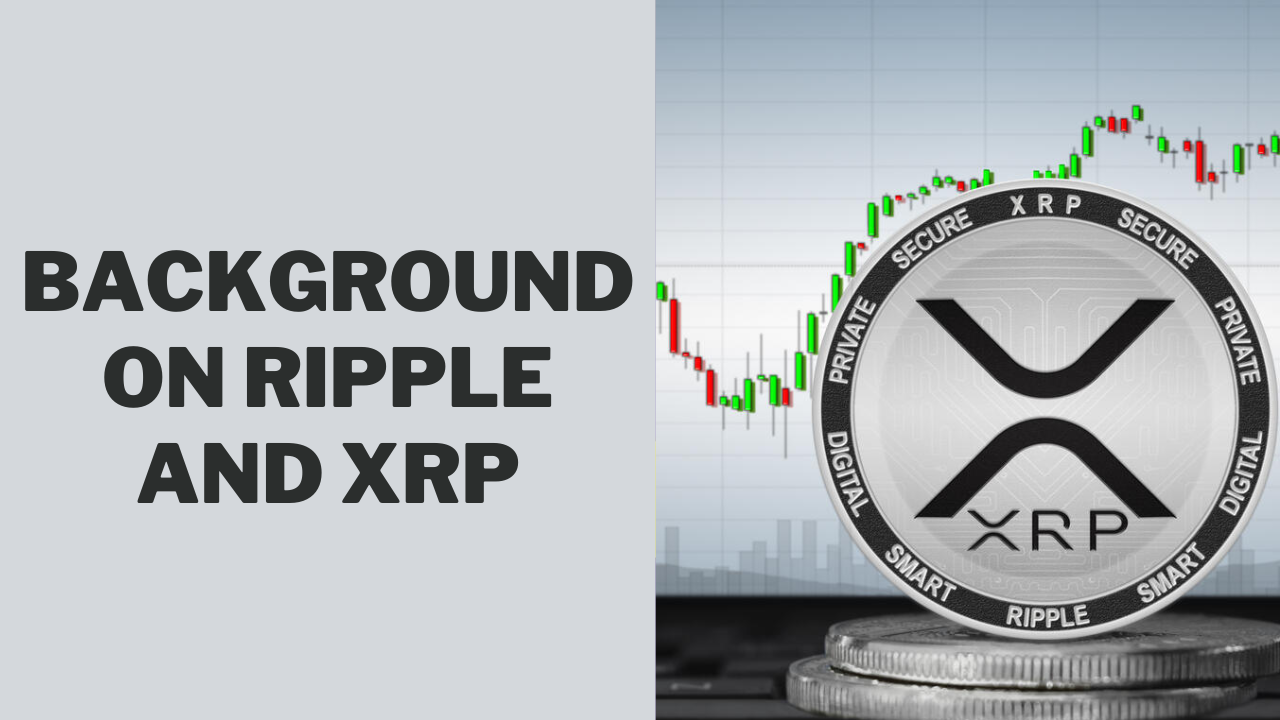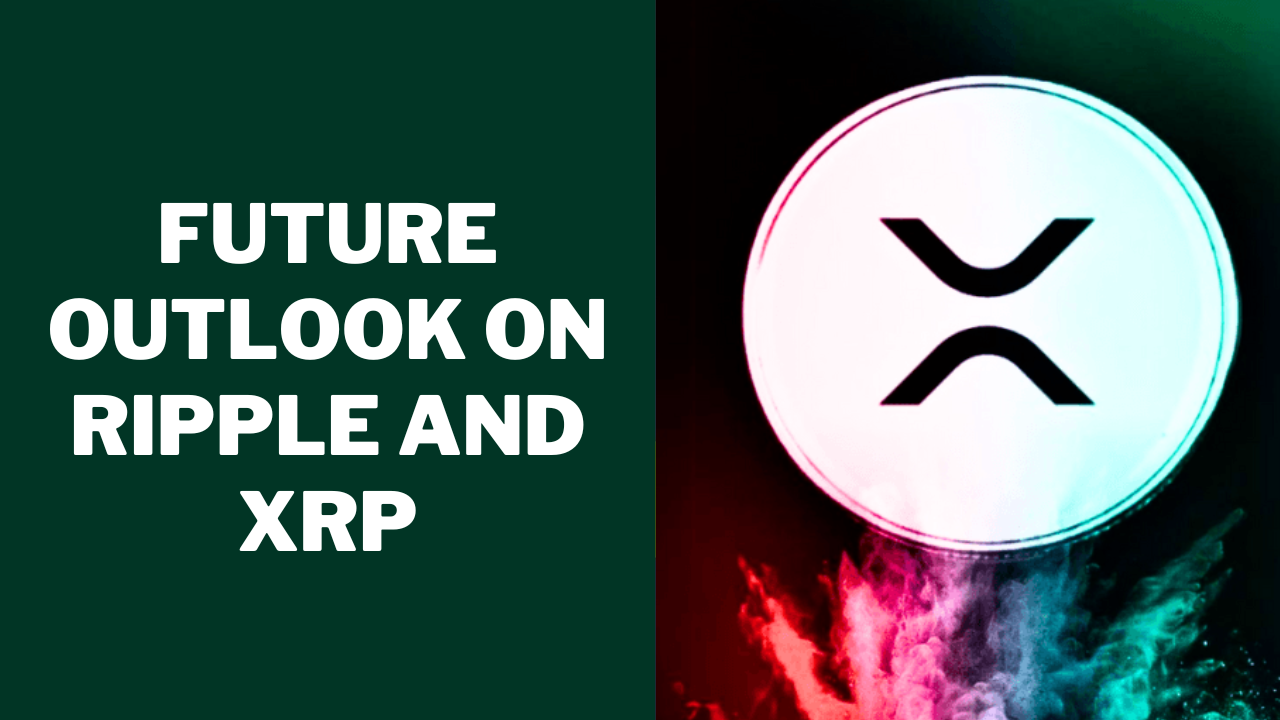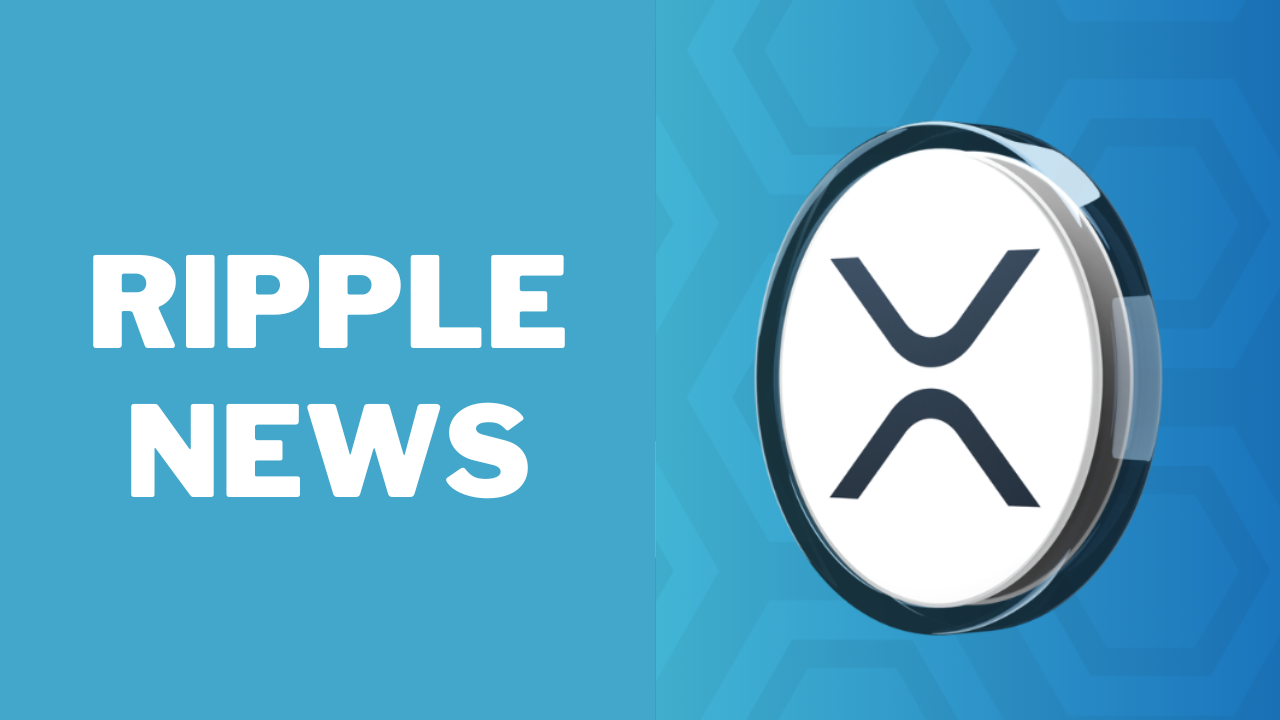Ripple News: Uncertain Future Amid SEC Lawsuit and Restricted Trading
- 1 Background on Ripple and XRP
- 1.1 Exchanges that Restricted XRP Services
- 1.2 SEC Files Lawsuit Against Ripple
- 1.3 Exchanges Delist or Suspend XRP Trading
- 1.4 Attempts to Have Case Dismissed Rejected
- 1.5 John Deaton Steps Up to Represent XRP Investors
- 1.6 Ripple Expands Partnerships Beyond Legal Troubles
- 1.7 Future Outlook on Ripple and XRP
- 2 Conclusion
- 3 FAQs
In short:
- Ripple faces an uncertain future due to an ongoing SEC lawsuit alleging illegal securities offerings
- Many major exchanges delisted or restricted XRP trading amid legal uncertainty
- Ripple’s attempts to dismiss the case rejected so far, will likely go to trial
- Lawyer John Deaton defending interests of XRP investors caught up in legal drama
Ripple Labs, the company behind the XRP cryptocurrency, has faced significant challenges over the past couple of years due to an ongoing lawsuit from the U.S. Securities and Exchange Commission (SEC) and restricted trading availability. The outcome of the lawsuit could determine the future viability of Ripple and the role of XRP in the cryptocurrency space.
Background on Ripple and XRP

Ripple is a payments network that utilizes blockchain technology and the XRP cryptocurrency to facilitate fast, low-cost international transactions. The company aims to disrupt traditional cross-border payment channels like SWIFT by offering financial institutions a faster, cheaper option for sending money globally. XRP is the native cryptocurrency of the XRP Ledger, an open-source blockchain created by Ripple. While the network can operate without XRP, the cryptocurrency provides liquidity and acts as a bridge between different currencies and networks.
Exchanges that Restricted XRP Services
| Exchange | Action Taken | Date |
| Coinbase | Delisted | Dec 28, 2020 |
| Bitstamp | Delisted | Jan 8, 2021 |
| Kraken | Delisted (U.S. only) | Jan 29, 2021 |
| OKCoin | Delisted (U.S. only) | Dec 25, 2020 |
| Binance.US | Delisted | Jan 13, 2021 |
| Crypto.com | Suspended trading & deposits | Jan 19, 2021 |
| eToro | Suspended trading | Jan 3, 2021 |
Here is a brief overview of Ripple and XRP:
- Founded in 2012 in San Francisco, California
- Created XRP Ledger blockchain and 100 billion XRP tokens
- Currently 3rd largest cryptocurrency by market capitalization
- Aims to revolutionize cross-border payments and remittances
- Used by over 300 institutional clients globally
SEC Files Lawsuit Against Ripple
In December 2020, the SEC filed a lawsuit against Ripple Labs and its executives, alleging that they raised over $1.3 billion through the sale of XRP in an unregistered securities offering.
According to the SEC, XRP meets the criteria of an investment contract and hence should have been registered with the agency before sales commenced. Ripple disputes these allegations, arguing that XRP functions as a currency rather than a security.
This lawsuit has far-reaching implications not just for Ripple but the wider crypto industry. A final ruling stating that XRP is an unregistered security could set a precedent for more SEC enforcement against other crypto projects. It also casts uncertainty around the legal status of XRP specifically.
Exchanges Delist or Suspend XRP Trading
As a direct consequence of the SEC’s legal action, many top cryptocurrency exchanges in the U.S., such as Coinbase and Kraken, immediately announced plans to delist or suspend XRP trading. Several exchanges globally have also restricted XRP services until there is regulatory clarity in the U.S. This has significantly reduced retail investor access to XRP, directly impacting trading volumes and demand. According to CoinGecko data, XRP trading volumes crashed from around $4 billion on the day of the SEC announcement to below $1 billion over the next few days as exchanges rushed to restrict access. The limited availability has made it harder for both new and existing investors to buy, sell, or transfer XRP. Prices took a substantial hit following the lawsuit, wiping nearly $15 billion from XRP’s market capitalization over two days.
Attempts to Have Case Dismissed Rejected
Ripple filed two motions last year requesting that the court dismiss the lawsuit, maintaining that XRP is a virtual currency not subject to securities laws. In early November, the judge overseeing the case denied these dismissal motions. Ripple appealed this decision to the Second Circuit Court of Appeals, but this appeal was also struck down in January 2023. This means the case will now proceed to discovery and a possible trial.
These decisions are significant wins for the SEC after 14 months of back-and-forth between the regulator and Ripple’s legal team. It also indicates that the SEC’s argument classifying XRP as a security has legal merit that must be examined further through the litigation process.
John Deaton Steps Up to Represent XRP Investors
With Ripple focused on defending itself from SEC charges, concern emerged around who would stand up for the interests of XRP investors caught in the crosshairs. John Deaton, a consumer and tax lawyer from Florida, took up the cause with his legal outfit CryptoLaw. Deaton is working pro bono to file petitions and lawsuits against the SEC for “harming innocent XRP investors” through their enforcement action against Ripple. So far, Deaton has filed several motions to intervene in the case on behalf of nearly 8,000 XRP holders. He has also helped organize rallies and publicity campaigns to support his #XRPCommunity. Deaton is determined to achieve official “intervenor” status, which will give him legal standing to challenge any final decision that declares XRP a security or denies investor restitution. He has declared his intention to take the issue to the Supreme Court if necessary to protect retail investors and have their grievances heard.
Ripple Expands Partnerships Beyond Legal Troubles
- Despite being embroiled in this high-stakes legal battle with U.S. regulators, Ripple continues pushing forward with key partnerships and technological development as part of its long-term growth strategy for payment solutions.
- In March 2022, Ripple integrated with Lithuanian fintech platform FINCI to provide blockchain-based payment infrastructure for European small and medium-sized businesses. This allows FINCI customers to make fast, affordable overseas payments using Ripple tech.
- Similarly, Tranglo, Southeast Asia’s largest cross-border payments hub, announced plans to utilize RippleNet for real-time transactions across the region. These partnerships demonstrate that Ripple still holds appeal to businesses seeking to leverage blockchain payments despite concerns around regulation.
- Ripple has also branched out into non-financial use cases for its technology, including working with African logistics startup Gateway Delta to implement blockchain supply chain solutions. The company is still enhancing Ripplenet features and XRPL capabilities as well to drive efficiency across different industries.
Future Outlook on Ripple and XRP

The coming months promise to be extremely consequential for Ripple’s future trajectory as the SEC case heads into its final phases after multiple delays over the past two years.
If Ripple emerges victoriously from the legal battle, it could pave the way for clear regulatory standards on what constitutes a security versus a currency in crypto. This is likely to trigger a surge of renewed trading interest in XRP and the resumption of services by exchanges and brokers. However, the price outlook for XRP remains shaky as long as key strategic U.S. crypto trading platforms continue to impose restrictions. And a definitive thumbs-down from regulators labeling XRP security could permanently dent its reputation and stifle mainstream adoption.
For now, the community behind Ripple and XRP continues holding out hope that factual evidence and comparisons to similar assets like Bitcoin and Ether will sway regulatory opinion regarding XRP’s true status. But the final ruling may depend more on legal technicalities, setting influential precedents for cryptocurrencies for decades to come.
note: Despite the lawsuit, Ripple continues expanding its blockchain-based payments network through new partnerships across industries and geographies. However, its future trajectory depends heavily on the eventual verdict of the high-profile SEC case.
Conclusion
The SEC’s lawsuit against Ripple could end up being a defining case for the cryptocurrency industry as a whole. The eventual ruling will set influential precedents on regulatory authority over digital assets and their legal classification. The conclusion can’t come soon enough for Ripple and retail XRP investors already affected by the legal drama. If Ripple prevails, it may still face an uphill task of restoring XRP’s image. Still, it will also gain more freedom to focus on the technological development and real-world adoption of its payments network. However, An adverse verdict could permanently sink XRP while spurring further crackdowns on other major crypto players operating in regulatory gray areas. Regardless of the outcome, this case has made it abundantly clear that regulatory risks and uncertainty will continue looming over cryptocurrencies until clear legal guardrails are established.
FAQs
What triggered the SEC lawsuit against Ripple?
The SEC alleges Ripple raised over $1.3 billion through improper unregistered securities offerings of XRP coins.
What is Ripple’s defense against SEC charges?
Ripple claims XRP functions as a virtual currency rather than a security and so doesn’t require securities registration.
Who does John Deaton represent in the Ripple case?
John Deaton is filing legal motions to intervene in the case on behalf of thousands of regular XRP investors.
Which major exchanges delisted XRP after the lawsuit?
Top US exchanges like Coinbase and Kraken delisted XRP, as did international platforms such as Bitstamp and Crypto.com.
Can US investors still trade XRP currently?
No, XRP trading has been halted on major US crypto platforms, severely limiting investor access.
















